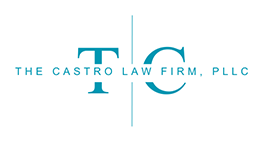A trust is a critical component in an estate plan that serves multiple purposes, from asset management to tax benefits. Essentially, a trust is a legal arrangement where one party, known as the trustee, holds and manages assets for the benefit of another party, the beneficiary.
You can establish various types of trusts depending on your financial and personal circumstances. Two common types you’ll often hear about are revocable and irrevocable trusts.
Understanding a revocable trust
A revocable or living trust is flexible and can be altered, amended or revoked by the person who created it, the grantor. This type of trust allows for easier asset management during the grantor’s lifetime and can help avoid the complexities of probate after death. However, it’s worth noting that assets in a revocable trust are still subject to estate taxes.
The basics of an irrevocable trust
An irrevocable trust can’t be easily changed or dissolved once it’s established. This type of trust has tax benefits, as assets transferred into it are generally not subject to estate taxes. However, the trade-off is that you give up control over the assets once they’re in the trust. The contents of the trust are also protected from creditor claims against the creator.
Trusts offer protective measures for beneficiaries
One of the standout advantages of incorporating a trust in an estate plan is the protection it offers to beneficiaries. For instance, a trust can stipulate specific conditions that a beneficiary must meet to receive assets, such as reaching a certain age. This helps safeguard the assets from potential mismanagement.
Trusts are only one component of an estate plan. A comprehensive estate plan helps to protect beneficiaries, so the creator can rest assured they’re doing what they can to help their loved ones.
